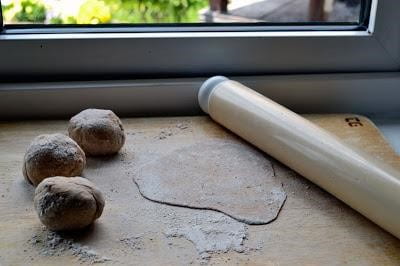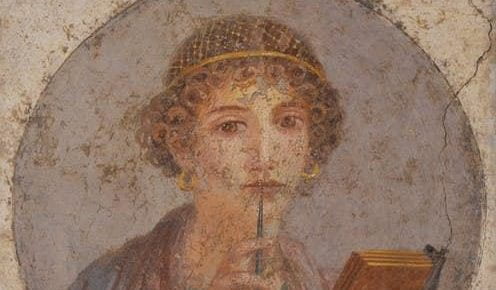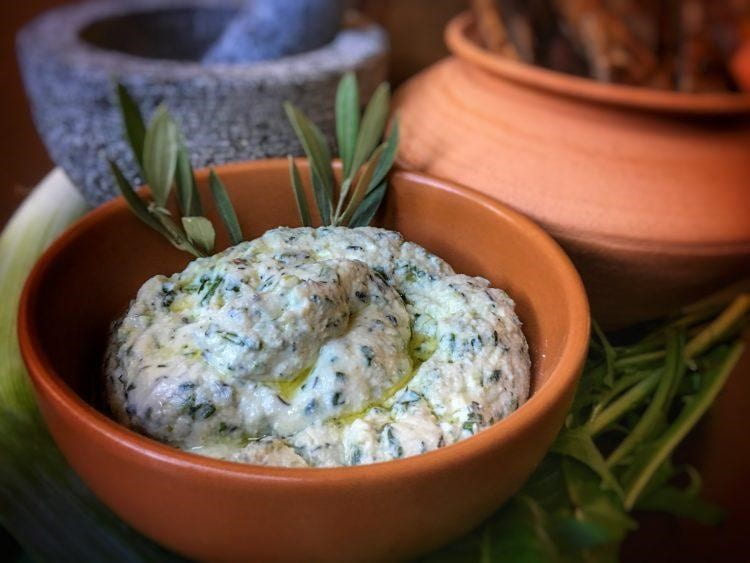Culina Quarantina: A Series of Roman Recipes – Sweet Cabbage and Cato’s Roman Bread
Culina Quarantina: A Series of Roman Recipes – Sweet Cabbage and Cato’s Roman Bread
By Alicia Lopez
Recently, I’ve been doing a lot of cooking and baking to help pass the time in quarantine, so I decided to look into what cooking would have been like in Ancient Rome. Here are some of my favorite ancient recipes to help get you through quarantine. Bonam fortunam!
Read More








